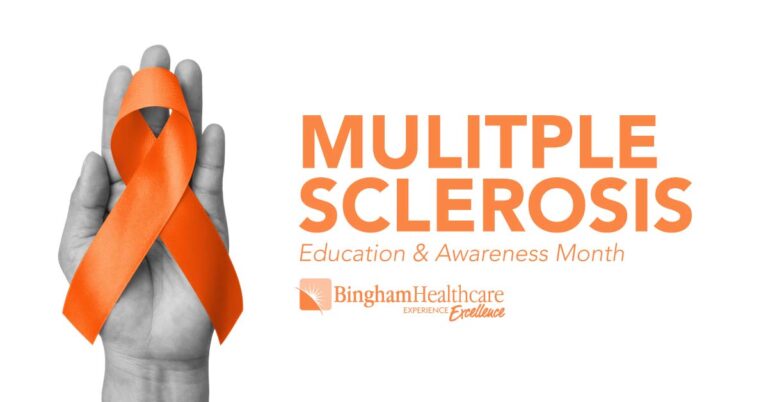
Ack, My Back!
Understanding back pain and how to prevent back pain
Back pain is like the common cold—nearly all of us have to deal with it at some point. Eight out of 10 people will feel that ominous twinge at least once in their lives. The good news is that most backaches go away on their own. This type of backache is typically called acute, meaning the pain comes on suddenly and lasts no more than a few weeks. Your doctor might categorize yours as chronic if it lasts more than 12 weeks, says Robert Johnson, DO, a fellowship-trained orthopedic spine surgeon with the Idaho Back Institute at Bingham Memorial Hospital. If you have chronic back pain, Dr. Johnson shares the dos and don’ts of coping, including when to get help.
How do I know whether my back pain is serious?
“If you have persistent pain that is getting worse and worse, numbness, weakness, loss of bladder or bowel function, or unexplained weight loss, it warrants being seen by a doctor immediately,” Dr. Johnson says. “The large majority of chronic back pain is due to arthritis, but it’s good to make sure it’s not due to anything else.”
What should I avoid?
Don’t take to your bed, and don’t ignore the problem.
“I encourage people to pay attention to warning signs and what hurts. Don’t just assume it’s your back and nothing else.” A herniated disk, for example, can result in leg pain as well as back pain.
And remember that dealing with frequent aches can take a toll on your physical and emotional health, so it’s crucial your treatment plan addresses both.
What can I do about it?
When it comes to chronic back pain, Dr. Johnson suggests a three-pronged approach: live, adapt, and conquer. First, it’s important to keep moving and continue living, he says. Next, adapt. “Address things you can, such as weight loss or making your work area more ergonomically correct.”
Last, to truly conquer back pain, you need to maintain a low-impact exercise routine and strengthen your core. “This gives our bodies the tools we need to take stress off our backs,” he says. And talk to your doctor about treatments that can help you move past the pain. “People with chronic back pain tend to have good days and bad. Your doctor should be able to help get you through the bad days,” Dr. Johnson says. “Treatment options include everything from pain medication to physical therapy to injections to nerve ablation.”
Preventing back pain starts with the decisions you make every day
“All of our choices have an effect on back pain,” says Dr. Johnson. “Sedentary people have a higher risk of back pain than active people.”
He recommends the following tips to keep your body moving.
1. “Put 15 sticky notes on your computer and pull one off every time you stretch,” he says. And make sure you literally lean away from your computer, so that you give your spine a chance to change positions and extend in the opposite direction.
2. When checking emails or watching TV, sit on an exercise ball, which will engage muscles in your core and force you to focus on your posture.
3. Wear a pedometer to gauge how much activity you log each day. Aim to reach 10,000 steps daily
About Robert Johnson, DO
Dr. Johnson is a fellowship-trained orthopedic spine surgeon, with the Idaho Back Institute at Bingham Memorial Hospital (BMH), who treats people with a wide variety of spinal conditions of the neck and back. His primary goal as a physician is to help patients obtain some relief from their aliments so they can keep doing what they love, and he strongly believes in exhausting all conservative means to treat a wide variety of spinal conditions of the neck and back before suggesting surgery.
He also specializes in several areas of spine surgery, including cervical and lumbar spinal arthroplasty, which are surgical procedures that involve removing damaged or degenerated cervical or lumbar discs and replacing them with an artificial disc device.
If you’re suffering from chronic neck or back pain, you can schedule an appointment with Dr. Johnson at: (208) 235-2277. Se habla Español



